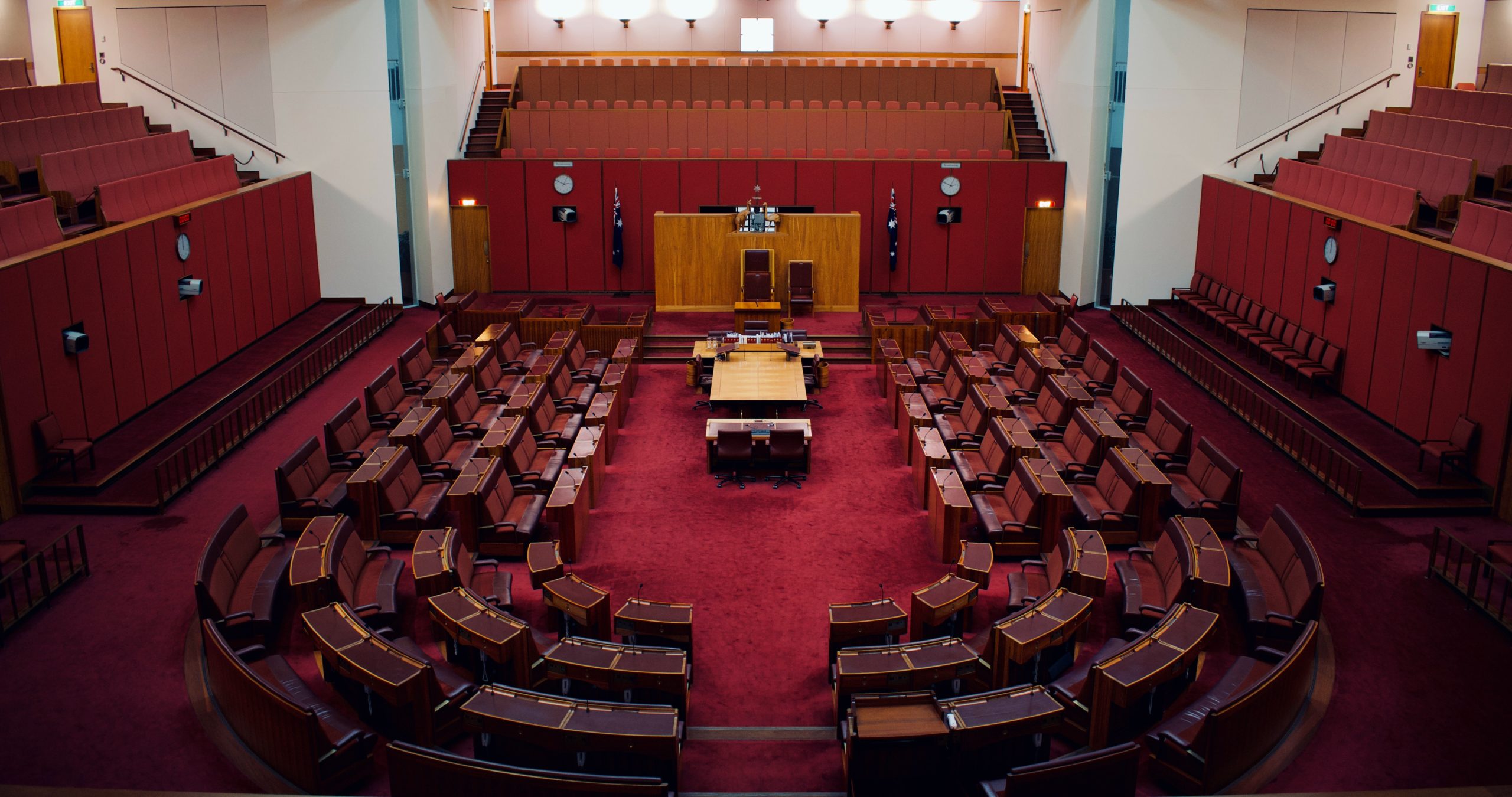
MD False Claims Act Passes House

This just in.
The Maryland Legislature just joined the Maryland Senate and passed by an 88-51 vote margin SB374 which is an expanded False Claims Act. Now the legislation will go to the Governor for his likely signature.
The law is not perfect by False Claims Act standards. Technically, it does not have a full qui tam provision. That’s the Latin phrase we use to discuss the parts of the False Claims Act which not only allow a person to bring an action on behalf of the government, but also, as in the Federal Law, allow an individual to pursue the action once it is turned down by the government.
In Maryland, the power to pursue the action is all with the Attorney General. Most False Claims Act Attorneys would like to see the full qui tam rights for whistleblowers in all such laws, even if pursuing a case without the support of the government is a difficult task. The power in this law is all with the Attorney General, and now he has the fraud-fighting tool he’s been pushing the legislature to provide. Attorney General Brian Frosh made this a top priority of his office, and in a press release hailing the legislature’s vote he said:
- “The False Claims Act is a proven tool and I am confident it will recoup millions for the state, while creating a level playing field allowing honest businesses to thrive.”
Even without the independent right of the whistleblower to maintain an action, this will be a major improvement in Maryland’s law. Maryland’s current law only allows for claims made regarding Maryland Health care funds. The new law, once signed, will create liability for any kind of fraud committed against Maryland or Counties of Maryland. It therefore significantly expands the kind of cases that whistleblowers can file in the State, and which the attorney General can then pursue on behalf of the state. The rewards for the whistleblower are 15-25% of whatever the state recovers. Since there is no possibility of a case proceeding without the support of the Attorney General, there is no higher award than 25% as in the Federal Law Which can award 30% in an action pursued by the whistleblower and without the support of the government.
It may take a few years for us to see the full impact of this law, of course. Cases are filed under seal and it could take a while for the Attorney General to conduct investigations. However, a few years from now, it’s a safe bet that that Maryland will start to prosecute fraud using this new expanded authority.
_______________________________________________________________________________________
* Tony Munter discusses the False Claims Act in Maryland. He is not, however, licensed to practice in the jurisdiction of Maryland. The information contained in this Website is provided for informational purposes only, and should not be construed as legal advice on any subject matter. No recipients of content from this site, clients or otherwise, should act or refrain from acting on the basis of any content included in the site without seeking the appropriate legal or other professional advice on the particular facts and circumstances at issue from an attorney licensed in the recipient’s state. The content of this Website contains general information and may not reflect current legal developments, verdicts or settlements. The Firm expressly disclaims all liability in respect to actions taken or not taken based on any or all the contents of this Website.












